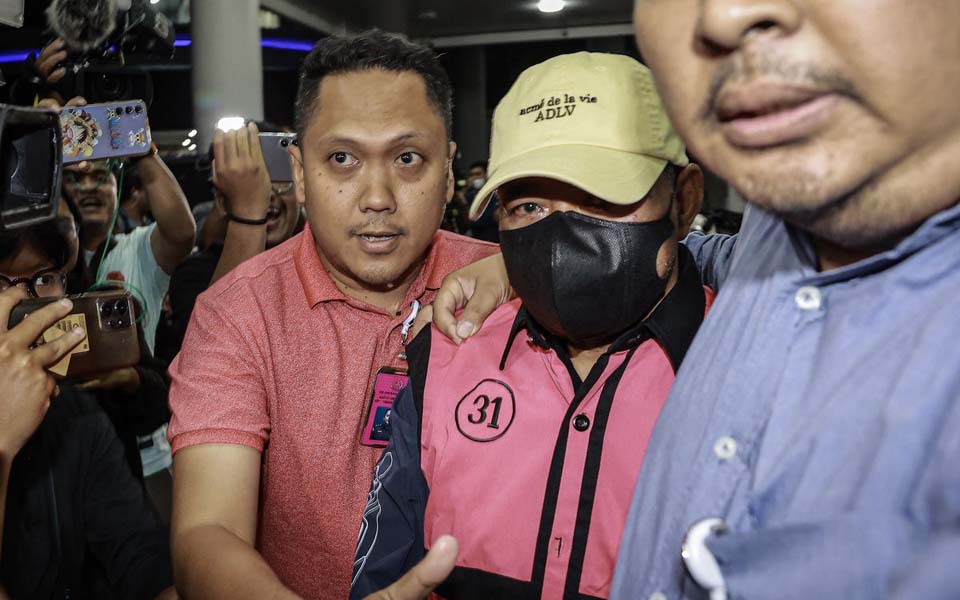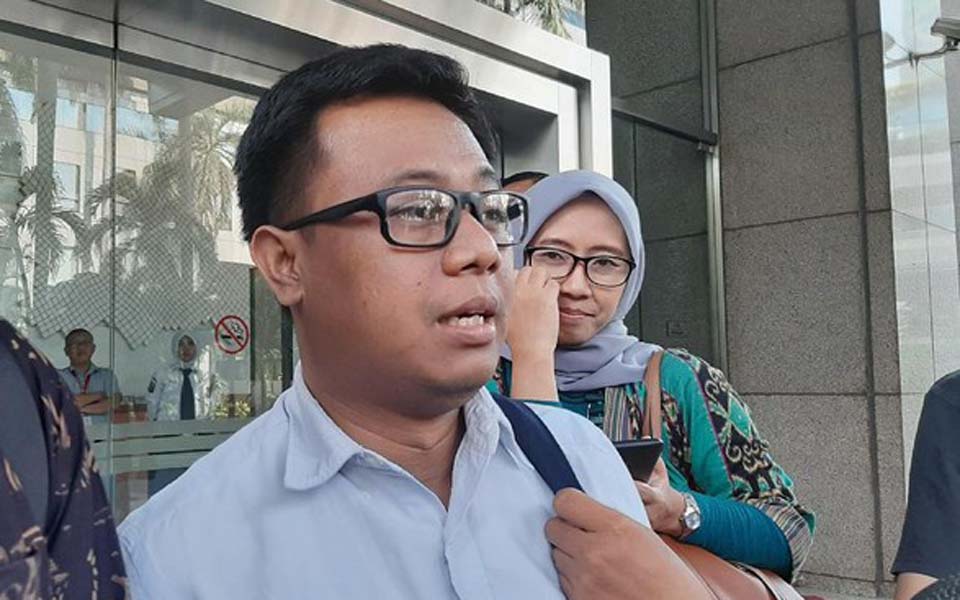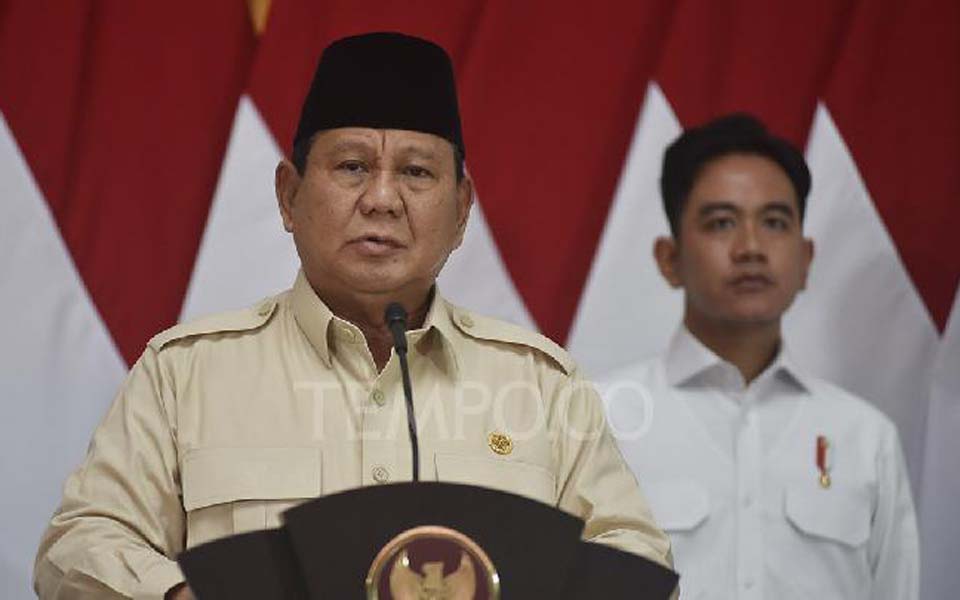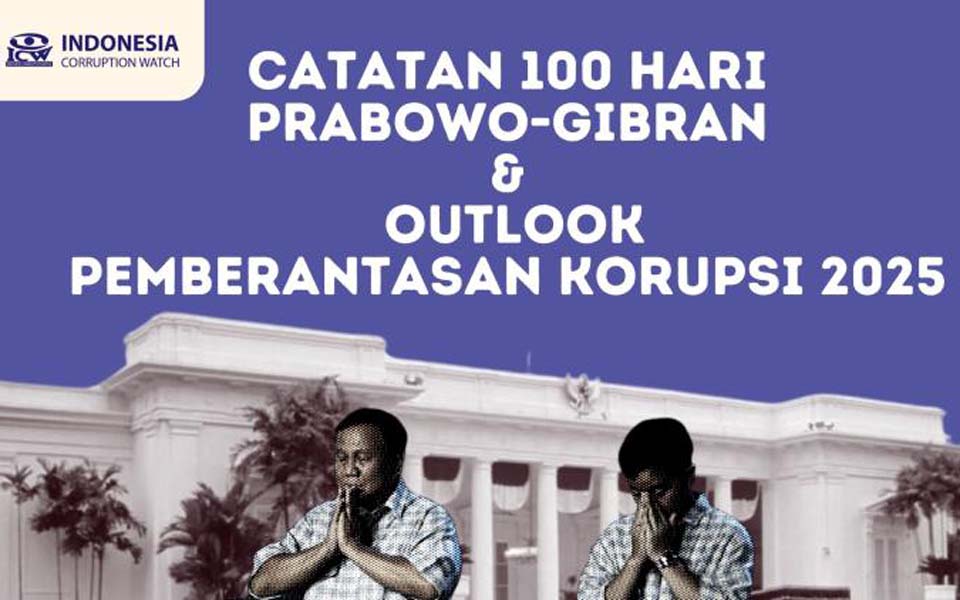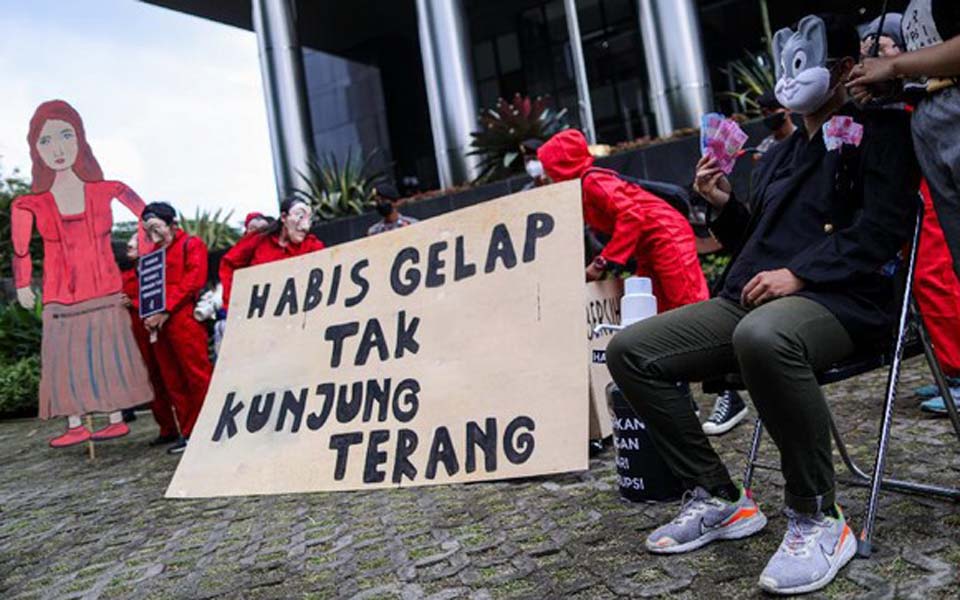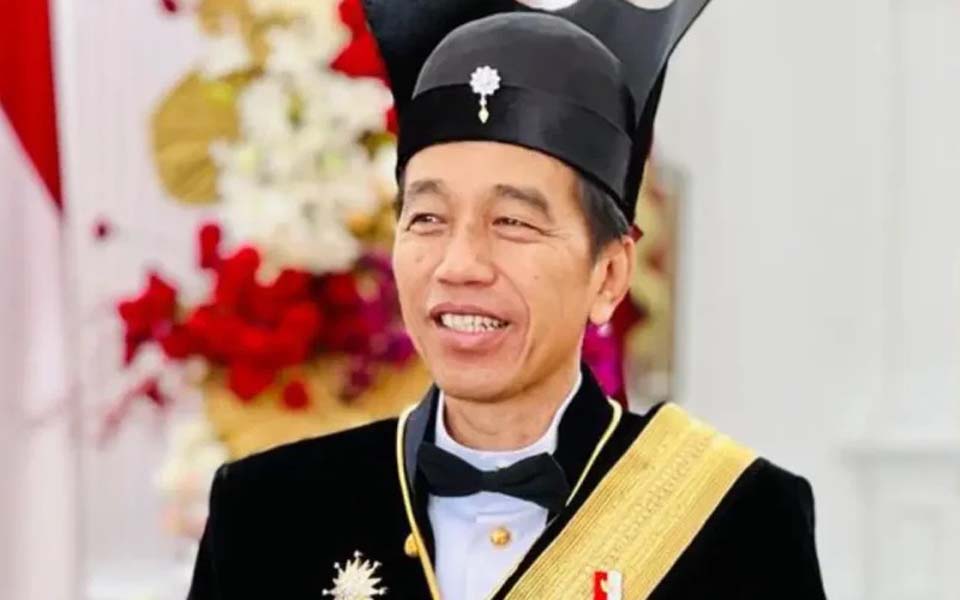Jakarta – Gajah Mada University (UGM) Center for Legal and Social Justice Studies (LSJ) together with lecturers and researchers from the faculty of law have put themselves forward as an amicus curiae or friend of the court in cases of General Election Result Disputes (PHPU) in the 2024 presidential election at the Constitutional Court (MK).
An amicus curiae is a legal concept that allows third parties, namely those who feel they have an interest in a case, to provide their legal opinion to a court, where this is limited to providing an opinion, not submitting a challenge.
The amicus curiae document was sent to the Constitutional Court today, Monday March 1. Aside from institutions, at least 12 individuals were also involved including Prof. Dr. Sigit Riyanto, Prof. Dr. Maria SW Sumardjono, Dr. Herlambang P. Wiratraman, Dr. Richo Andi Wibowo, Dr. Rikardo Simarmata, Laras Susanti LLM, Sartika Intaning Pradaning LLM, Dr. Andy Omara, Faiz Rahman LLM, Markus Togar Wijaya, Abdul Munif Ashri and Antonella.
"Today an amicus curiae was submitted with the Constitutional Court relating to PHPU case number 1/PHPU.Pres-XXII/2024 and 2/PHPU.Pres-XXII/2024 with the title Amicus Curiae: Why were the 2024 elections far removed from the principle of honesty and fairness?", said UGM Faculty of Law lecturer Herlambang Wiratraman in a written statement on Monday.
Wiratraman explained the amicus curiae dossier consists of 32 pages based on strong indications that there were fraudulent practices in the implementation of the 2024 presidential election.
He said the practices referred to were carried out by intervening in judicial institutions and election organising institutions and the use of state resources.
"Meanwhile this contradicts the constitutional mandate of Article 22E Paragraph 1 of the 1945 Constitution on honest and fair elections", he said.
In the amicus curiae dossier, Wiratraman and his colleagues highlighted the use of social assistance (bansos) ahead of voting day and the chaotic appointment of acting regional heads (PJ).
Based on data quoted from Kompas, Wiratraman said the 2024 elections saw a much more massive disbursement of social assistance compared with previous years.
The total social assistance budget disbursed for the 2024 elections was 560.3 trillion rupiah. Far more compared with the 2019 elections which amounted to 194.76 trillion rupiah and the 2014 election at 78.4 trillion rupiah.
"It needs to be a joint problem about how social assistance was presented systematically ahead of the political year (the election year)", said Wiratraman.
Wiratraman said that there were at least four issues related to the involvement of acting regional heads in the 2024 elections, namely: (i) The government did not comply with the Constitutional Court's ruling on issuing a derivative regulation; (ii) the government ended up lying to the public and/or broke promises; (iii) The derivative regulation that was finally issued did not seriously institutionalise the mandate of the Constitutional Court's ruling; and (iv) there were indications that acting regional heads took sides.
The central government began appointing acting regional heads on May 12, 2022. Some 88 acting regional heads were selected between then and November 25, 2022.
Wiratraman criticised these appointment because they were made without a clear selection mechanism, so the chosen figure could suit the "palace's tastes".
Yet Constitutional Court ruling Number: 67/PUU-XIX/2021 mandates that the process of appointing acting regional heads is regulated by implementing regulations so that the principles of democracy are protected, the process is transparent and accountable and competent leaders can be appointed in accordance with regional aspirations.
But appointments without any clear regulation were still carried out until a derivative regulation was issued in April 2023.
The government, explained Wiratraman, received a lot of criticism from the public for appointing the acting regional heads in a haphazard manner. In addition to this, the government also faced problems in the regions where some figures that were chosen as acting regional heads resigned or were rejected by their superiors (governors) and communities.
"In some incidents, there were indications where the PJ who was chosen showed their preference by supporting candidates perceived as having the blessing of President Jokowi [Joko Widodo], namely the candidate pair with the president's son in it – pair number 02 (Prabowo-Gibran)", said Wiratraman.
"For example, the statement of the head of the Bali Satpol PP [Public Order Agency] where they received an order from the Bali PJ to remove billboards of presidential candidates [Ganjar] Pranowo-Mahfud MD when President Jokowi was going to visit to Bali. There was also the Jakarta PJ who was reluctant to follow up on Bawaslu's [the Election Supervisory Board] recommendations to uphold Perda [regional regulation] violations by vice president 02 (Gibran Rakabuming Raka) who campaigned while handing out milk at a Car Free Day event", he continued.
The phenomenon of cheating and deceitfulness, ridden with conflicts of interest, with the use of legal instruments, policies and budgets, as well as state instrumentation ahead of the 2024 elections, not least in the 2024 presidential election, is an unusual thing in a constitutional state, and even contradicts the principles of honesty and fairness as mandated by Article 22E paragraph (1) of the 1945 Constitution.
According to Wiratraman and his colleagues, what was so clear were several moments that were lightening quick, shortcuts, as if they were rushed, everything that was impossible became possible. The law and the workings of the law were utilised to support phenomenon that seemed unusual.
"Sociologically there was a normalisation of incidents that were unrefined. At this point, the politics of instant law through legal normalisation without ethics made the festival of democracy [the elections] little more than a 'festival of instant cooking'", he added.
Taking into account the views on the link between elections and democracy, fraudulent practices and the threat of a fraudulent election result for the foundations of the nation's ethical life, Wiratraman and his colleagues are recommending the annulment of General Elections Commission (KPU) Decree Number 360/2024 on the determination of the results of the presidential and vice presidential election, members of the House of Representative (DPR), the Regional Representatives Council (DPD), and provincial, regency and municipal Regional House of Representatives (DPRD) in the 2024 elections.
Wiratraman explained that Constitutional Court ruling Number 90/PUU-XXI/2023 of 2023 showed that the Constitutional Court had been made a political tool by those in power to commit constitutional crimes.
He said that this situation was very embarrassing because the image of the guardians of the constitution has been gradually reduced. The practice of executive consolidation (all the president's men) which seeks to create an election victory before the electoral process was undertaken has tarnished the history of civilised democracy.
"Actually, a victory obtained through fraudulent means, nil morality, manipulation and glorifying conflicts of interest is a form of criminalisation of the law and politics", said Wiratraman.
"The totally confused implementation of the 2024 elections initiates that the current situation requires the MK as a savior. Therefore, the organisation of a re-election is a tangible way for the MK to publically with all its dignity, prestige and independence, to re-lead the organisation of the elections back to the correct path", he asserted. (ryn/ugo)
[Translated by James Balowski. The original title of the article was "Akademisi dan Peneliti UGM Kirim Amicus Curiae ke MK soal Pilpres".]






